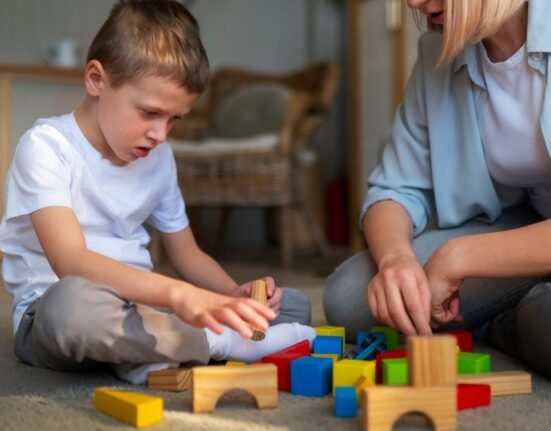Overview:
Parkinson’s Disease is a physical concern that affects the nervous system and the brain. It is categorized as a neurological disorder that impacts the brain’s capability to control movement. This disease is classified by the symptoms like rigidity in muscles, tremors, issues, and concerns with balance, coordination, and movement. This disease gets worse over a period of time indicating its progressive nature. Sadly, there is no way to heal from this ailment, although it can be handled with surgery or medication, usually for a prolonged duration of time. The average expectancy of life for a person suffering from Parkinson’s disease is like those individuals who aren’t diagnosed with this health concern.
Signs & Symptoms:
The symptoms of Parkinson’s disease are divided into two groups: motor and nonmotor symptoms. Motor symptoms of this condition are related to issues with movement which are a result of brain not being able to send messages to the muscles the way that it is meant to. Some of the motor symptoms are as follows: restricted motion range decreased facial expressions, stooped posture, walking unsteadily, tremors (in jaws, hands or feet), cramps, or spasms on muscles, slower movement, etc. The motor symptoms of this condition make the functioning of daily routine difficult for the individual with Parkinson’s. Parkinson’s disease is not only diseases the brain but also the sympathetic nervous system, which makes decisions for autonomic physical function like blood pressure, heart rate, etc. Some of the nonmotor symptoms are as follows: constipation, depression, loss of bladder control, anxiety, loss of smell, hallucinations, low blood pressure, delusions, drooling, etc.
Types:
There are two types of Parkinson’s disease:
Early Onset: symptoms come out before 50 years of age and might be inherited genetically.
Late Onset: symptoms come out after 60 years of age and certain mutations in genes may play their part in this late onset.
Risk Factors & Causes:
There are several risk factors that are associated with this health concern, which are important to be aware of. Like:
Most people over 60 years of age are at risk of it.
Family history also plays a crucial role in determining the risk for Parkinson’s.
Industrial pollutants, pesticides, or air pollution, etc., have been related to increasing the risk of Parkinson’s.
Injury to the head can be a risk factor when it impacts the dopamine levels of that individual.
It is noted that men have 50% more chances of being diagnosed with it than women.
The cause or reason of Parkinson’s disease is hard to pin down on a particular thing but it is understood as an unusual change in the brain. Some neurological alterations connected with this disease are as follows:
This disease can impact the production of dopamine in the body. Low levels of dopamine can responsible for muscle movement, in other words, motor symptoms of this disease.
Parkinson’s can also lower the levels of norepinephrine. Norepinephrine influences the sympathetic nervous symptoms, which in lower levels ultimately is responsible for the nonmotor symptoms of Parkinson’s.
Several individuals with this condition have alpha-synuclein protein in abnormal quantities in their brains, which is a major research area for Parkinson’s condition.
.png)
Treatment:
As discussed, even after being a progressive disease in nature, medication (dopamine agonists, COMT and MAO B inhibitors, levodopa, Amantadine, and Anticholinergics, etc.), and surgery (Pallidotomy, Thalamotomy, and Deep brain stimulations, etc.) can help in handling with Parkinson’s disease. There are several coping mechanisms that can smoothen the process for individuals diagnosed with Parkinson’s, such as: seeking or asking for support from loved ones, being aware of the disease, staying physically and mentally active, and being ready for changes that might come your way, preventing falls due to Parkinson’s, identifying with support groups and resources.
Suggestions:
Parkinson’s disease is progressive in nature and when a person is diagnosed with it, it can be a daunting or challenging journey to understand the do’s and don’ts and all the other things that come along with it. At this very moment, it’s essential to remember that you have the support and love from your loved ones to be able to sail through this journey of life.












Leave feedback about this